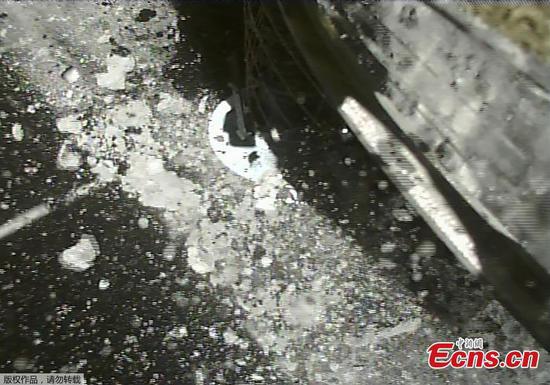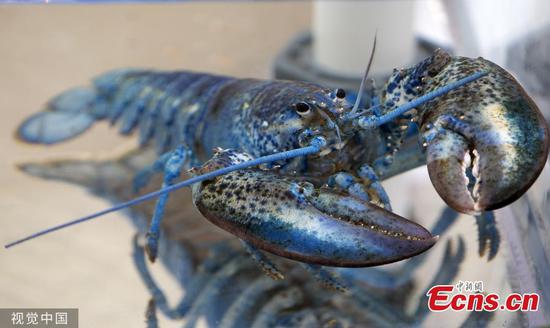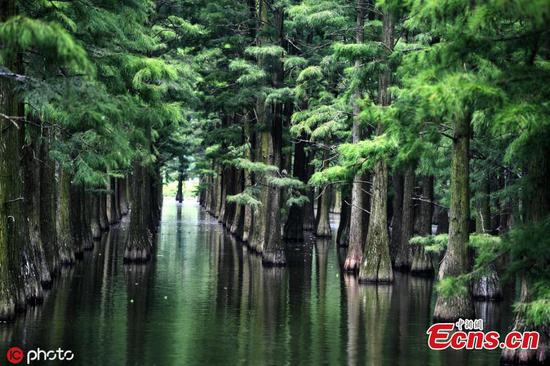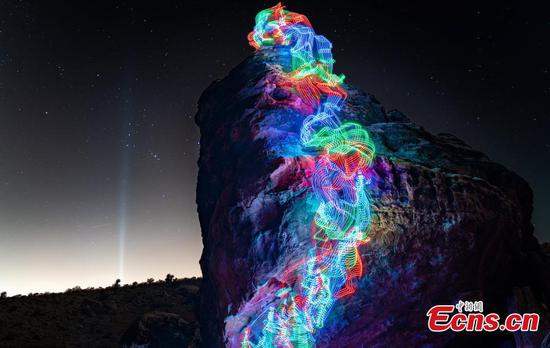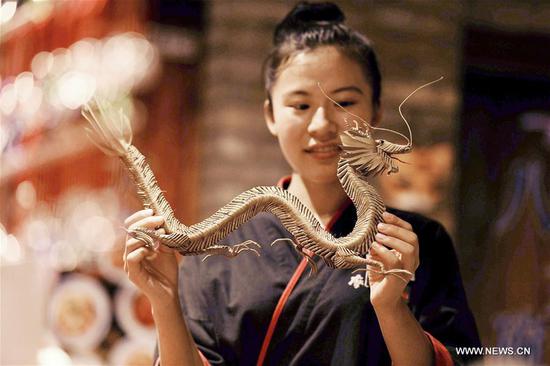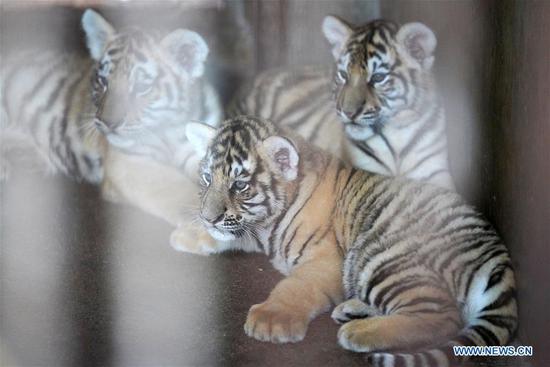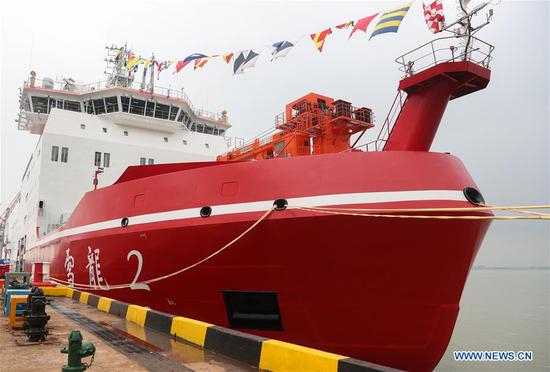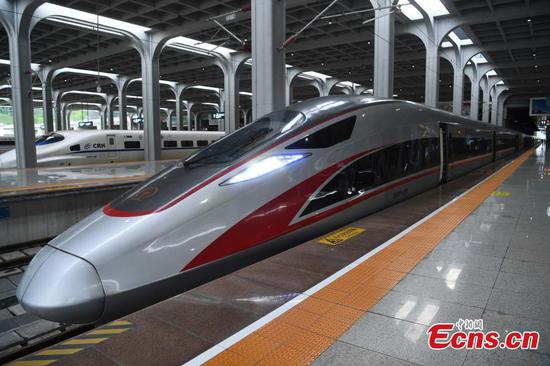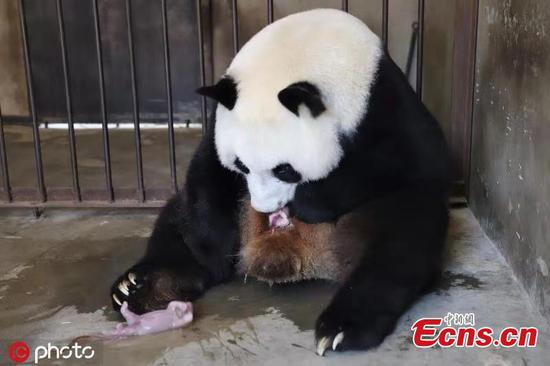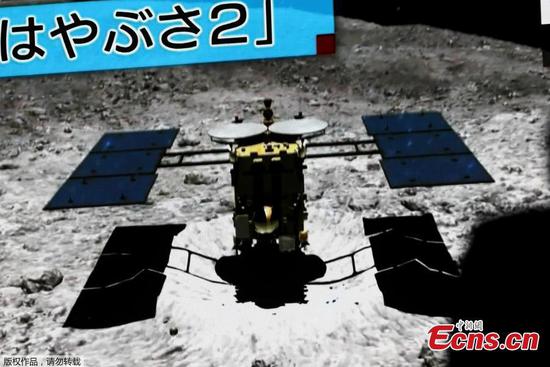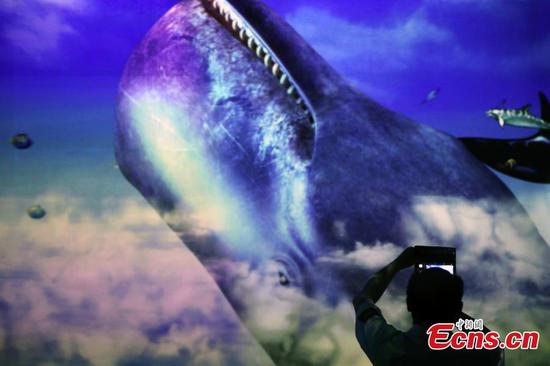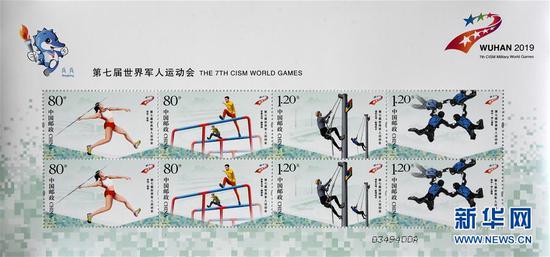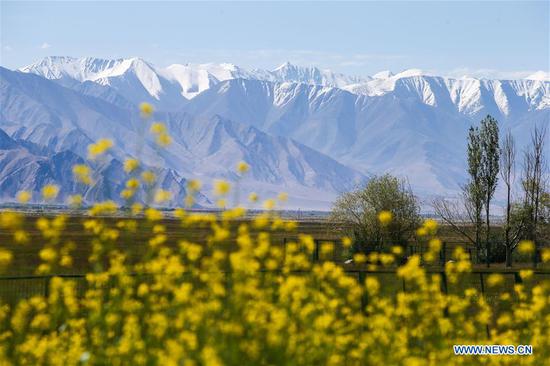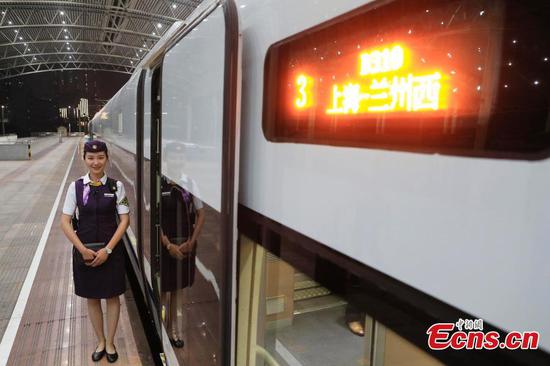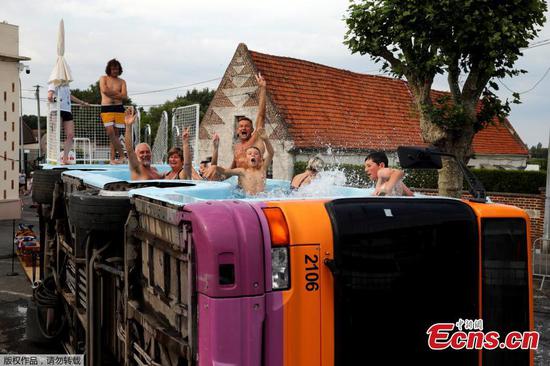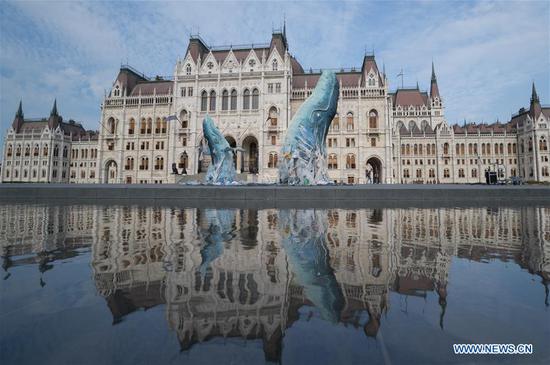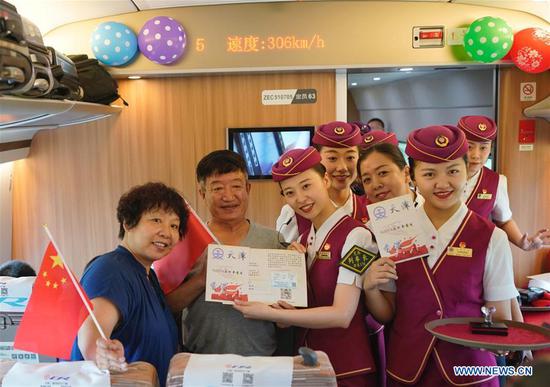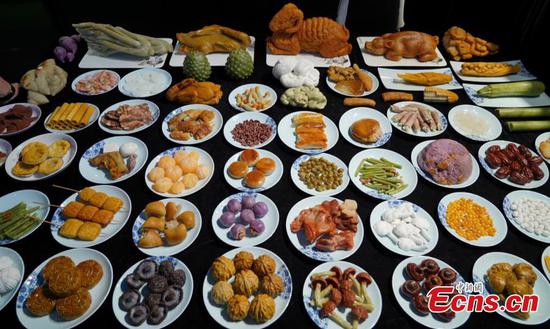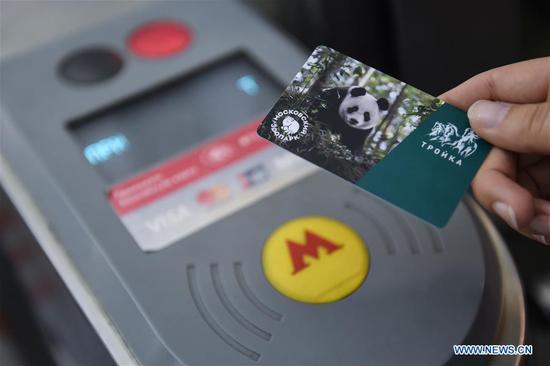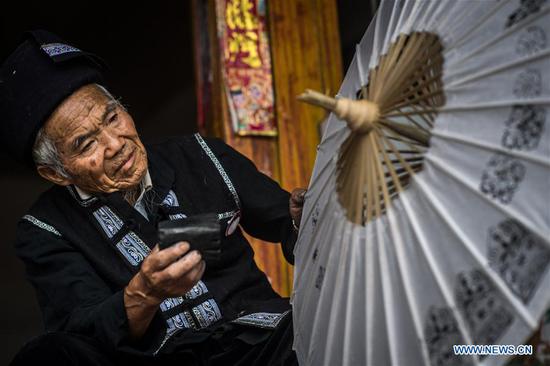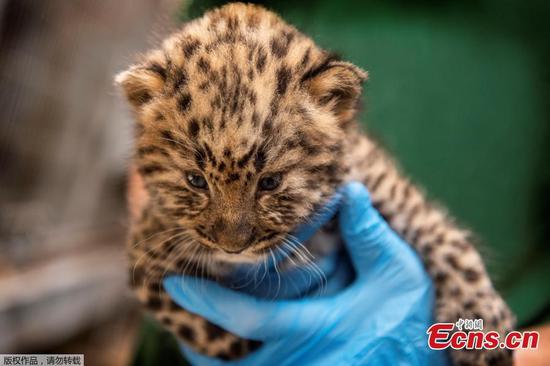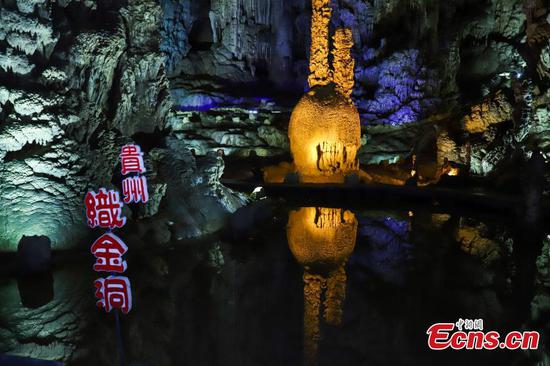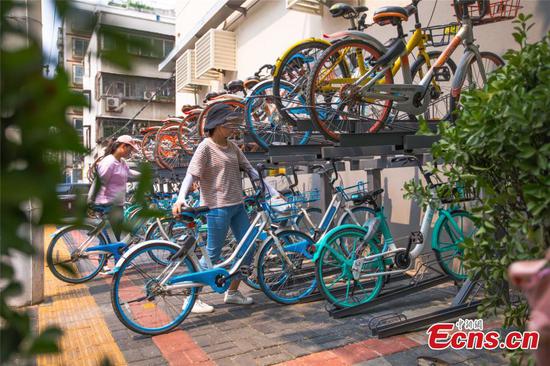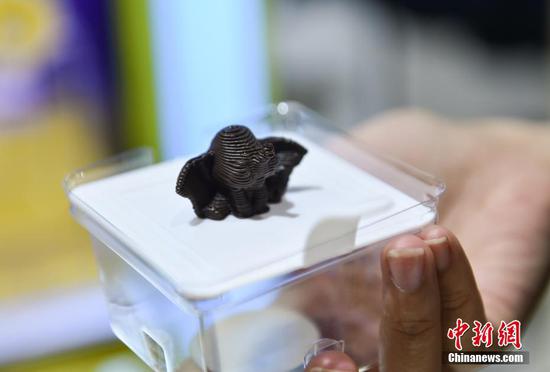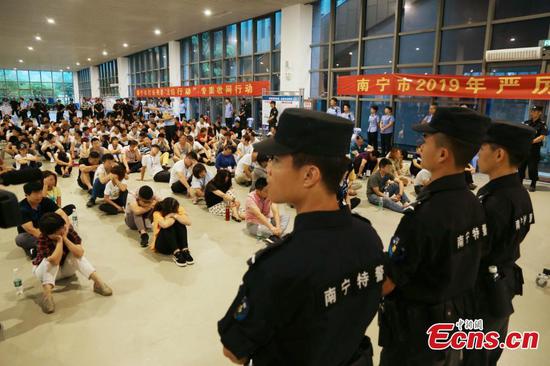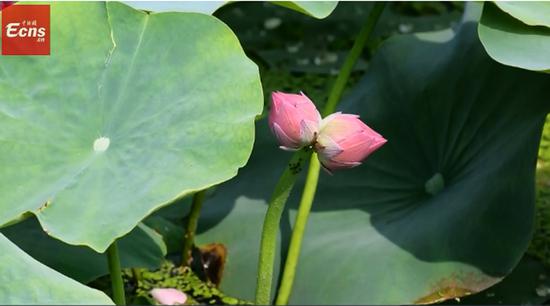Huawei held its first press conference on Friday after the U.S. Department of Commerce announced on July 9 that it will allow U.S. companies to sell products to Huawei.
Huawei's chairman Liang Hua said, "No substantive change so far." Meanwhile, the telecom giant continues to oppose the U.S. decision to put it on the so-called Entity List.
The company said it now serves 3 billion people worldwide, and that the decision is damaging the global consumer interests. Huawei calls for lifting the ban completely.
Despite difficulties, its business is normal at present. The tech giant managed to achieve business growth in the first half of the year. It will issue a semi-annual report soon.
During the press conference, Huawei released its 2018 Sustainability Report on Friday detailing its four strategies for sustainability: digital inclusion, security and trustworthiness, environmental protection, and a healthy and harmonious ecosystem. This is the 11th year in a row that the company has released such a report.
The report comes after Tuesday's announcement by the U.S. Department of Commerce that allows U.S. companies to sell products to Huawei.
5G will be a green technology
On whether 5G will be more energy consuming than 4G, Liang explained during Friday's press conference that 5G will be more power-efficient than 4G. For example: one can download 300 films under 4G, but 5,000 under 5G using the same amount of power.
Huawei has made many innovations in the course of its 5G research, product development, and engineering, said Liang. The company has managed to reduce the power consumption per 5G site to 20 percent less than the industry average.
This was made possible with the new Huawei chipsets, system software, professional services, and advanced hardware and heat dissipation technologies.
Huawei's four strategies for sustainability:
Digital inclusion
Huawei launched its global digital inclusion initiative TECH4ALL to address mobile broadband service unreliability and lack of connectivity.
Sixty-six percent of the world's households remain unconnected, and nearly four billion people have no Internet access worldwide, according to Global System for Mobile Communications (GSMA), a mobile network operator association. On top of that, more than two billion people around the world lack access to reliable mobile broadband services.
Security and trustworthiness
The company will be investing two billion U.S. dollars within the next five years to enhance its software engineering capabilities to better respond to the cyber security and privacy challenges that are affecting the industry.
Environmental protection
In 2018, Huawei used about 932 million kWh of electricity from clean energy sources, representing an emissions reduction of about 450,000 tons. This reflects Huawei's commitment to minimizing its environmental impact during its production and operations, and throughout its product and service lifecycles.
Healthy and harmonious ecosystem
Huawei organized 177 local community support programs worldwide last year while working with customers, employees, communities and industry partners.










